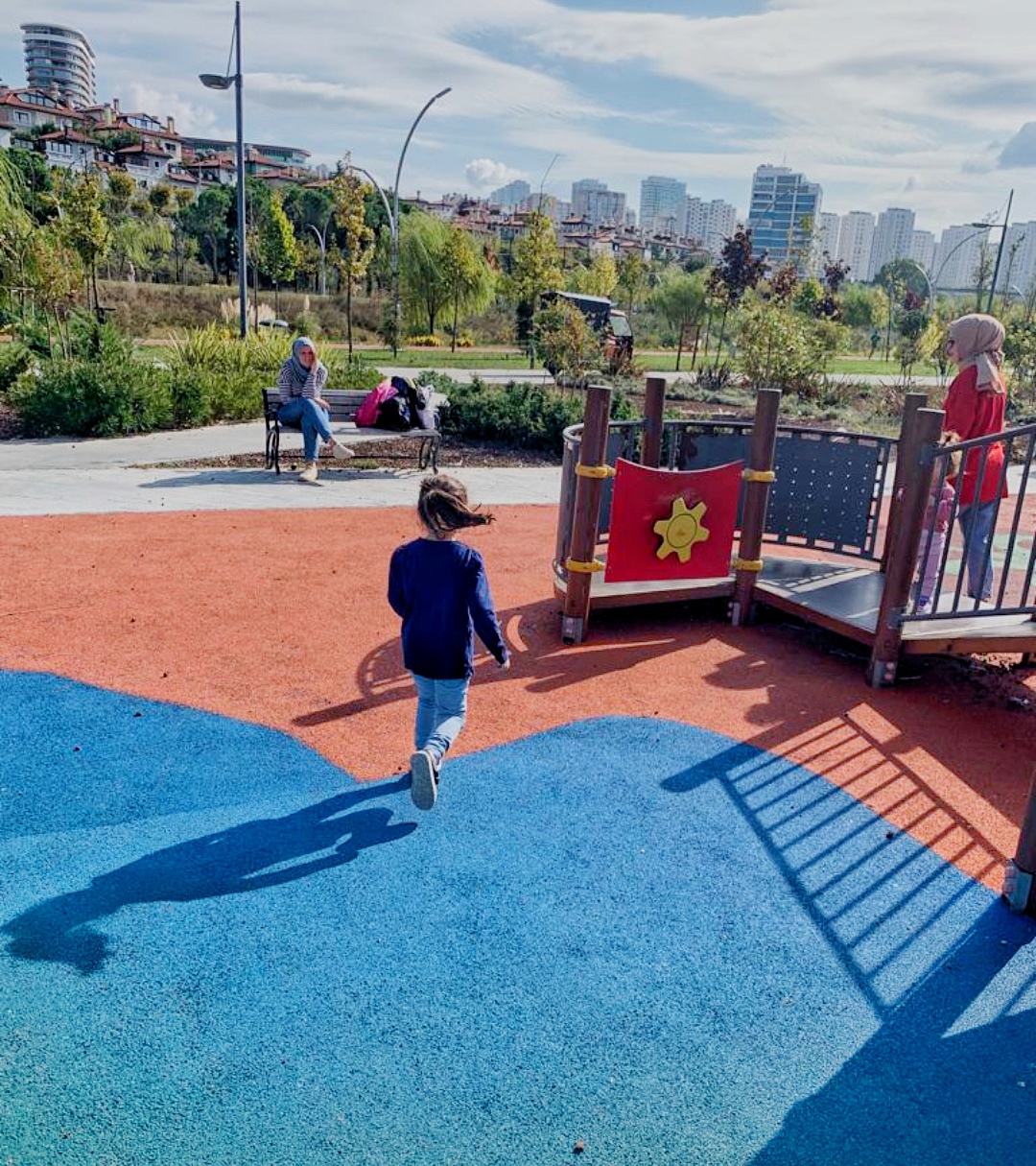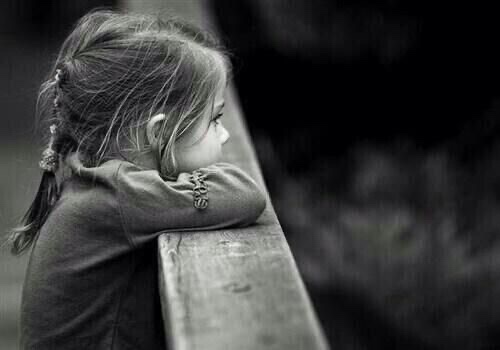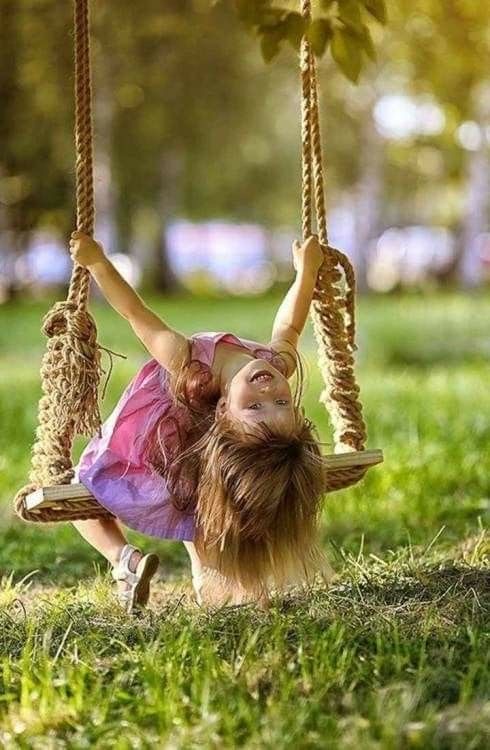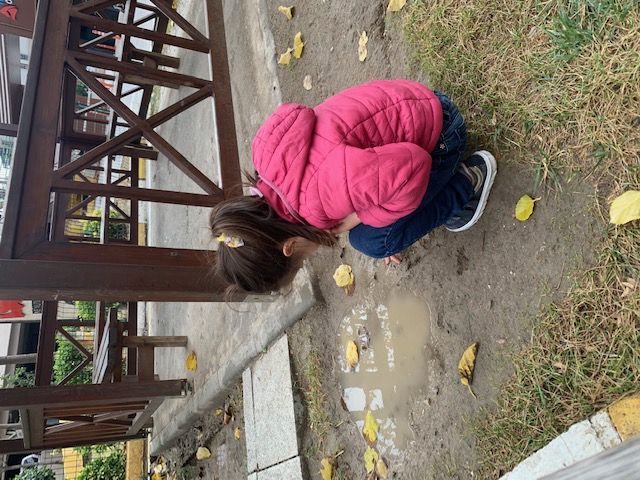
Punishment based discipline
Yelling, shaming, blaming, and spanking is all punishment-based way to discipline a child. The results are visible in a short term, we do see compliance but in a long run, it will cause a child to be a people-pleaser, it will create in a child resentment towards his caregivers, and a child will doubt himself and his abilities.
A child who is constantly criticized will not learn anything except to criticize himself. And other people in adulthood. Because this is a learned pattern, this is a lens through which a child is looking at the world.
Some research has shown that yelling can create the same damage as spanking. If a child is regularly being yelled at, it will create shame and blame, and self-criticism inside the child and yelling will not solve any unwanted behavior. All children need to freely express their feelings like anger, confusion, disappointment, and sadness. If these feelings are being suppressed and seen as unwanted, a child will learn that in order to be loveable he must hide his feelings and make his parents happy – because showing only wanted, positive emotions will make his caregivers happy. What a great way to create compliance in the childhood and an adult people-pleaser.
Why does our child’s behavior trigger us so much?
Simply because it brings us some (painful) memories. So yes, that is the tricky part of parenting: how to parent without judgment and be able to stay neutral when our inner child is suffering at the same time? First of all, we need to deal with our own childhood trauma. As Dr. Gabor Mate states, trauma is not what happened to us, it is what happened INSIDE of us as a response to outside events. And the good thing is that we can fix what is within us – the trauma itself.
Next time your child’s behavior is triggering you, know that this is the part of you that was denied by your caregivers and you had to shut it out in order to feel lovable and accepted. Don’t ask your child to reassure to you that you are enough the way you are – because that is what we do if we answer a tantrum with yelling, time-outs, silent treatment, or even spanking.
Kids and pushing back
No one wants a child who keeps pushing back and acting out. But by doing so, a child is simply testing the boundaries and checking if is he still lovable even after doing unloving things. Or if we are tired? Or if we will love them the same next week as we did this week? Their world revolves around us and depending on how we answer these questions a child will create a world around them and paint a picture of themselves.
Sometimes they are simply tired or overwhelmed. Think of, for example, a traffic jam or a bad day at work. We all do get overwhelmed at times and need to unwind. The same goes for our kids. The difference is they still need our help as they have not yet fully developed much-needed coping skills to survive. Identifying the need and making sure to fulfill them is a great way to support our children.
A child who is not concerned about how his parents will react to a certain behavior will not be in a state of alert (their amygdala will not be alerted), rather they will think with the rational part of the brain and therefore they will be able to make rational decisions and make good choices.

The "Bad kid" role
You May Also Like

Tantrums – what you might not know
August 16, 2021
Happiness shouldn’t be the goal
June 26, 2024